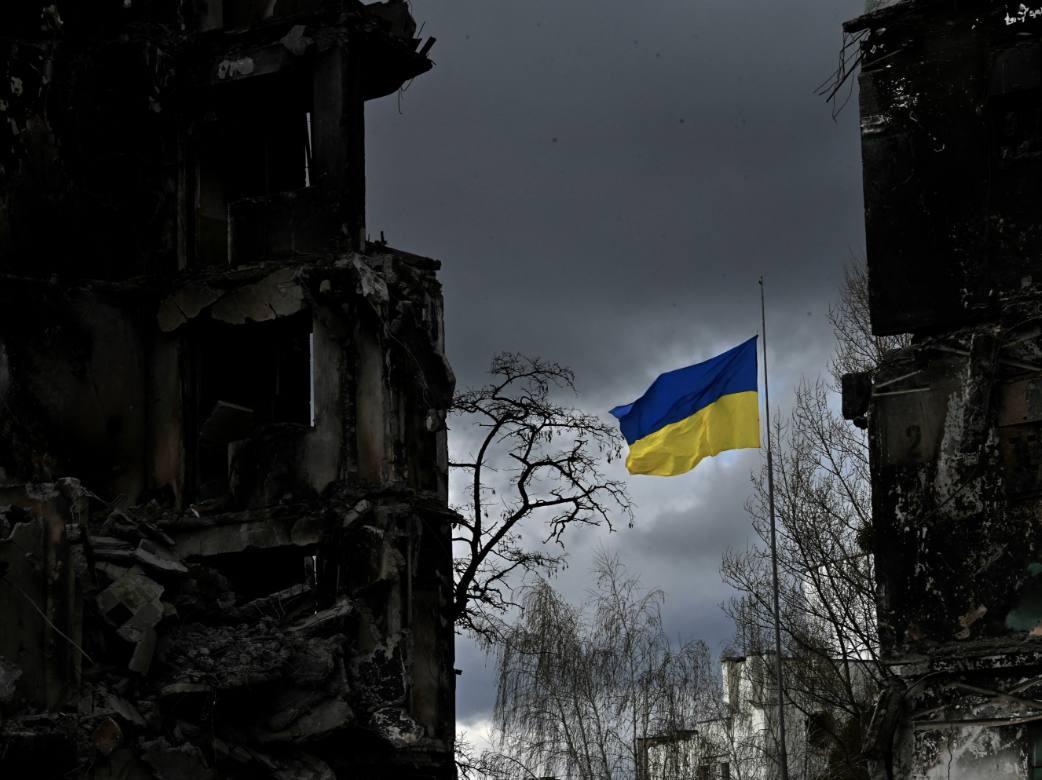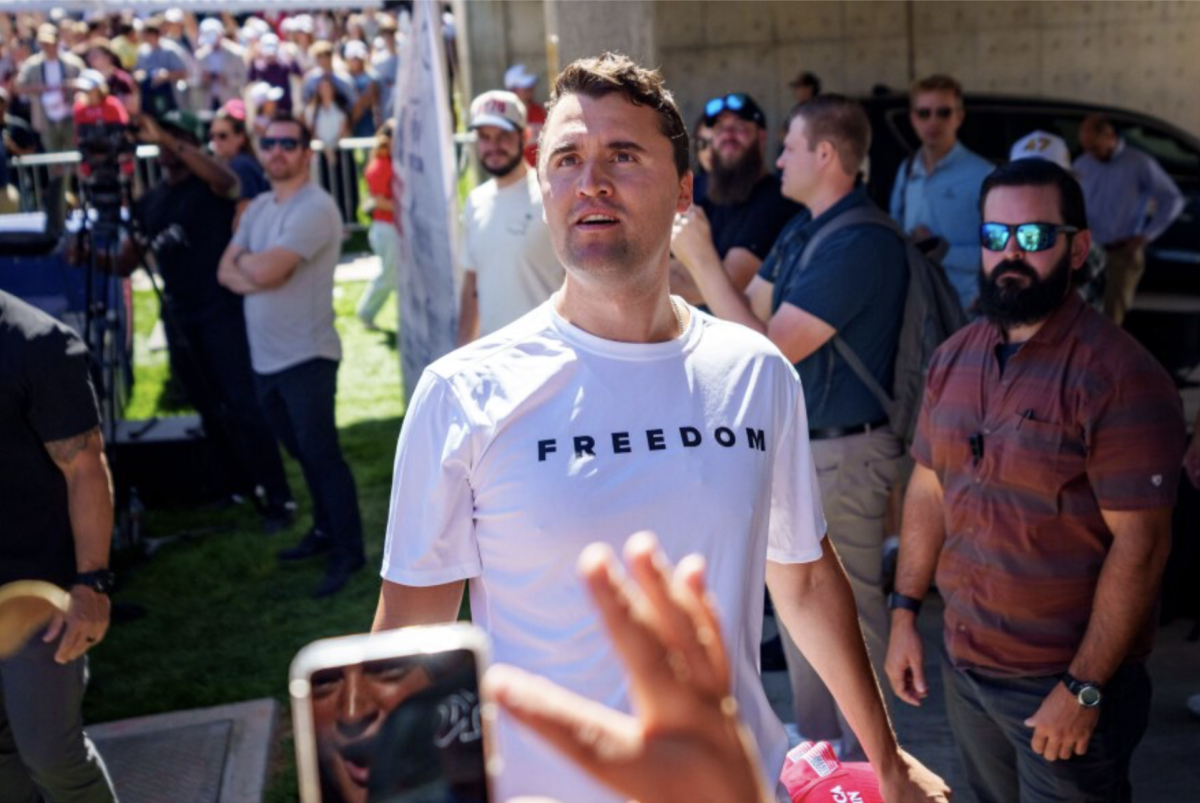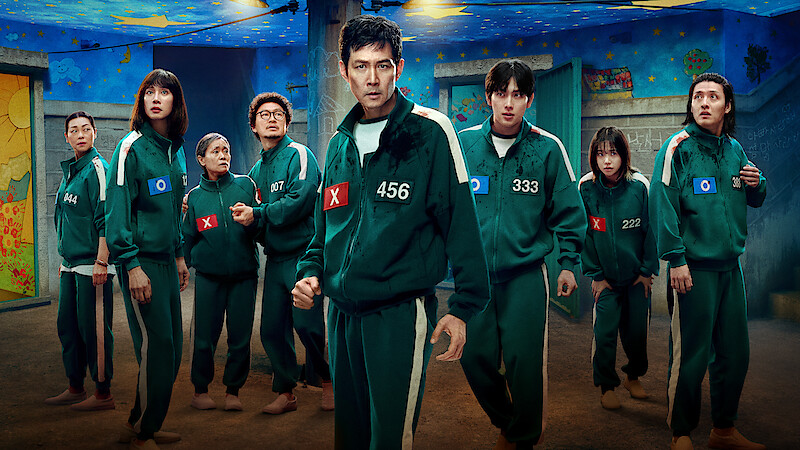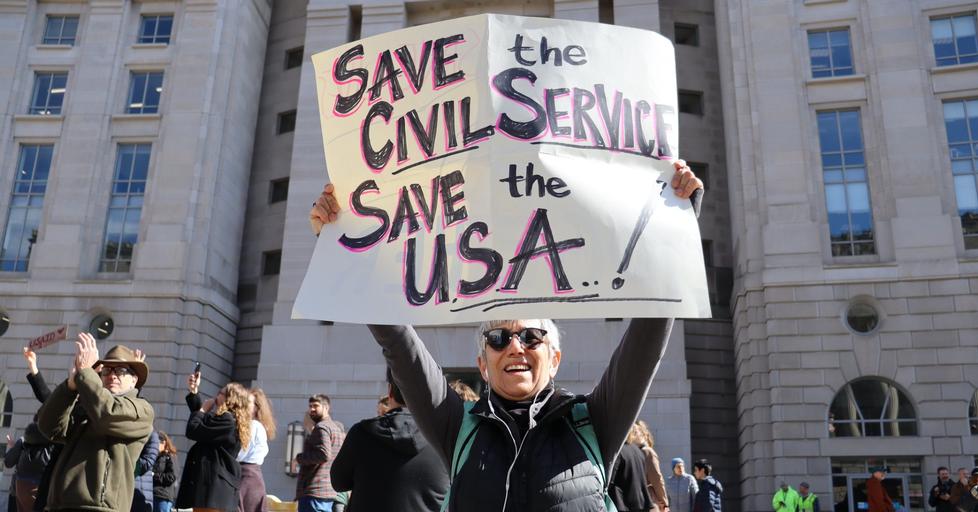On November 9, 1989, the world changed forever.
After half a century of the Berlin Wall dividing the German capital into two seemingly opposite worlds, half a million dissatisfied citizens gathered to make one final push against the already crumbling Soviet Union. By dark, the crowds completely overran the checkpoints, and set their eyes on the barrier that separated the West and the East, capitalism and communism, and democracy and totalitarianism. By midnight, families and friends climbed the 13 foot concrete wall — covered with decades of graffiti and bloodshed. Throughout the night, they crumbled the wall to pieces with any tool they got their hands on. By dawn, it appeared that the West’s world order had triumphed at last.
Three years later, in an article titled, The End of History?, political scientist Francis Fukuyama argued that the United States’ victory in the Cold War marked “the end point of mankind’s ideological evolution” with “Western liberal democracy as the final form of human government.” Less than a decade later, however, on a cloudless, balmy fall morning, two Boeing 767s deliberately crashed into the World Trade Center—killing 2,997 Americans, and proving Fukuyama’s assertion false: clearly, history had not ended.
And now, in 2024, the world is even further from the idealistic vision Fukuyama crafted 30 years ago: Russia’s war against Ukraine is entering its third year, the Israel-Gaza conflict has claimed tens of thousands of lives in just four months, China continues to threaten Taiwan’s sovereignty, and Iranian proxy groups throughout the Middle East threaten free markets and have killed American soldiers.
While the US must combat Iran in the Middle East in order to preserve order and free trade, and must continue to support Taiwan’s sovereignty from China in order to safeguard the tech industry and maintain a strong East Asian Democracy, the US must not forget the necessity to defend Ukraine against Valdimir Putin’s unlawful invasion.
The present severity of the Russo-Ukrainian War originated in 1945. With the end of World War II, “a new world order was set up based on a variety of principals,” History Teacher Mr. Matthew Valji explained. “While the West and East disagreed on what form of government and economy should dominate the world, there was a general understanding about a rules-based system, such as not using tanks to invade countries and change borders, having the freedom of the seas, having diplomatic communication, and using the UN.”
Yes, since then, these parameters have been broken — most notably through proxy wars, such as in Korea, Vietnam, and Afghanistan — however, “There was a general understanding about the new world order,” Mr. Valji explained. And especially when the US triumphed over the Soviet Union in the Cold War, the world order was undoubtedly leaning towards Western institutions of liberal democracy and free markets.
Despite what Fukuyama predicted, forces have emerged since 1991 — when the Soviet Union officially dissolved — that challenge this world order. Mr. Valji labeled “the now resurgent Russia and China along with North Korea and Iran” as the countries “who want to revise to world order…and see the seemingly western dominated world order upended.” Mr. Valji added that, “this goal manifests itself at various places around the globe.” Right now, it is manifesting itself in Ukraine, Taiwan, and the Middle East.
However, in Ukraine particularly, the West’s world order is in imminent danger. Mr. Valji explained, “Russia is fighting a land war with tanks and trying to change a border in Europe, and saying that their actions are okay as long as they can defeat the West.” Clearly, this is breaking the generally accepted parameters set forth after World War II. “Russia believes that as long as they can keep fighting until the West’s political will to aid Ukraine runs out, they can win.” Mr. Valji added.
Unfortunately, this troubling strategy may work.
During the first two years of the war, the US gave Ukraine $75 billion in financial, military, and humanitarian aid, which was more support than provided by every other country combined. However, in the past year, political will to support Ukraine has waned in the Republican Party.
Thus, in an attempt to unite lawmakers in solidarity with Ukraine, President Biden gave a rare Oval Office address in October of 2023. In the address, he defended his unwavering support for Ukraine, explaining that “American leadership is what holds the world together,” and that supporting Ukraine was “vital for America’s national security.” In that same address, President Biden announced that The White House was submitting a $106 billion national security request to Congress, with $60 billion of it for Ukraine.
The outcome of this request would indicate much more than just American support for Ukraine. It would demonstrate how committed the United States’ was to its allies, to democracy, and to the preservation of the post-World War II order. However, last December, Republican lawmakers blocked funding for Ukraine.
President Biden, in disbelief after the decision, told Republican lawmakers, “Make no mistake: Today’s vote’s going to be long remembered, and history is going to judge harshly those who turned their backs on freedom’s cause.”
In wake of this decision, Mr. Valji candidly reflected that, “There is no one else to step in besides the US… the European powers don’t have the capacity to step up… They don’t have a military force, and financial support to Ukraine has been blocked by Putin’s semi-allies. Furthermore, NATO has its own issues and cannot act meaningfully without US support.”
Simply put, Mr. Valji concluded that, “Besides the US, no one else is able to support Ukraine and without that support, there is a good chance Ukraine will lose.”
Putin himself believes the same, saying in October of 2023 that, “the Ukrainian economy cannot exist without external support…$5 billion in loans come in every month to Ukraine…if the West stops the assistance, Ukraine would only have one week left.” Similarly, US Secretary of State Antony Blinken, in a United Nations Security Council Meeting on Ukraine, bluntly asserted, “If Russia stops fighting and leaves Ukraine, the war ends. If Ukraine stops fighting, Ukraine ends.”
If Ukraine stops fighting, Ukraine ends.
Ends.
The fact that in 2024—the most advanced and free time in human history—a country can simply cease to exist because a dictator wants to redraw borders is appalling. That notion is 80 years outdated. If Putin successfully wins his war, it will undeniably speak to something much bigger than just Ukraine. It will demonstrate that, despite Russia’s actions to disrupt the Western world order, the US is too internally divided to unite against a greater evil.
Frankly, the free world is in danger. And with it, the central pillars of progress for the past two centuries — democracy, free markets, and individual liberty — are threatened. If the US cannot recognize this and fails to unite against Putin due to domestic polarization, history will judge us — as President Biden declared — as the ones who turned their backs on freedom.









